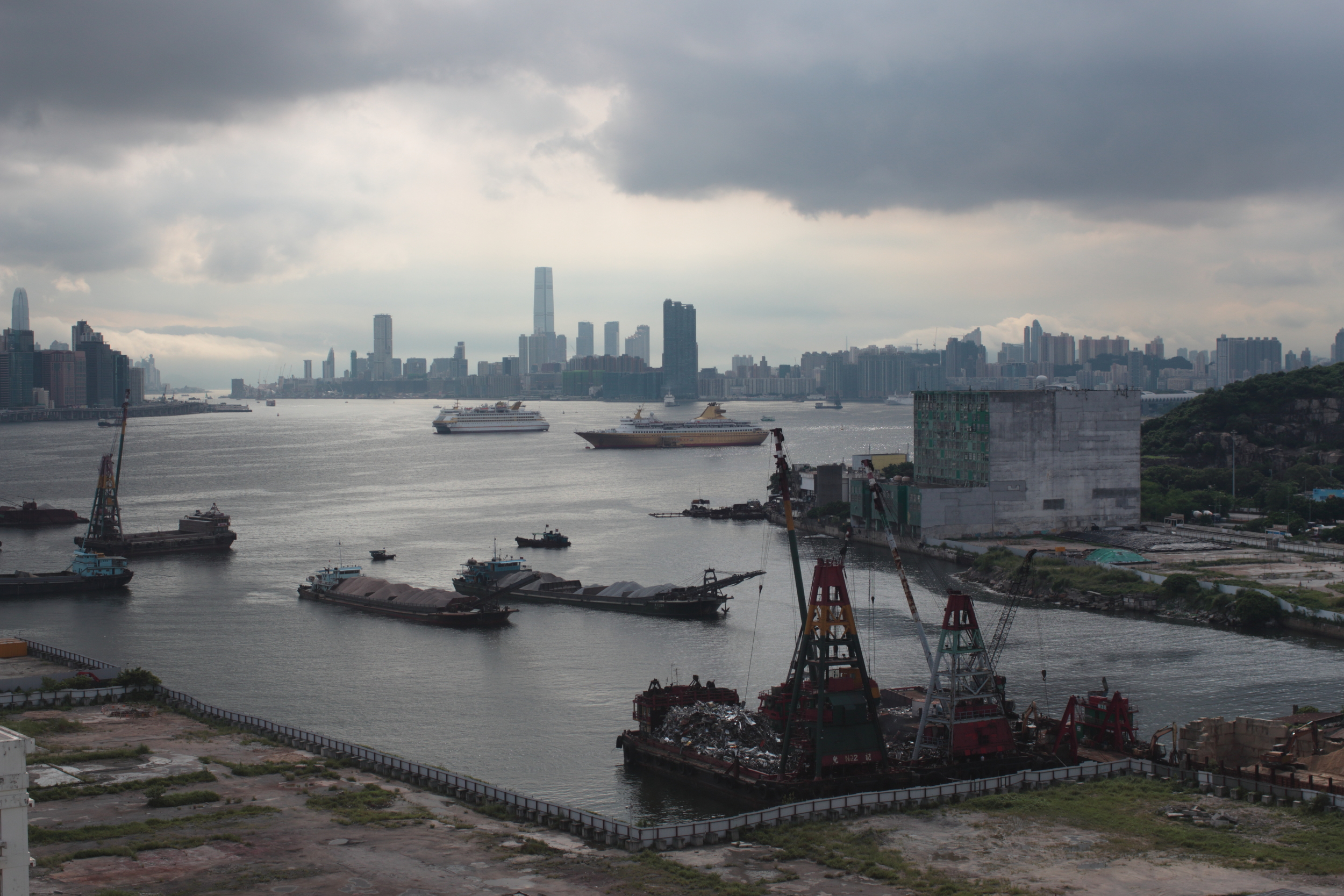Mixed people have to deal with “bouncing around.” There are different terms that folks use, but “bouncing around” to me includes both (1) others pushing you around such that they would restrict your identity, and (2) you yourself making near-sighted choices about your identity, for example, embracing “exotic” when it is cool, while being outraged by “exotic” when it doesn’t suit you.
This old yarn exemplifies the first half of “bouncing around:”
The white man said, "Colored people are not allowed here."
The black man turned around and stood up.
He then said: "Listen sir....
when I was born I was BLACK,"
"When I grew up I was BLACK, "
"When I'm sick I'm BLACK, "
"When I go in the sun I'm BLACK, "
"When I'm cold I'm BLACK, "
"When I die I'll be BLACK."
"But you sir."
"When you're born you're pink, "
"When you grow up you're white, "
"When you're sick, you're green, "
"When you go in the sun you turn red, "
"When you're cold you turn blue, "
"And when you die you turn purple."
"And you have the nerve to call me colored?"
The black man then sat back down and the white man walked away....
The Black man is Black, and proud, and steady, and resolutely Black. There is something so poignant about this joke- such an indictment, told, of course, in jest. The White man has all these things he is allowed to be, all of these changing identities- this sum of power- the power to re-mold one’s identity, change it by fiat, and expect others to adjust their schema immediately.
Ludacris alludes to this idea in his song "Hopeless"
Ludacris "Hopeless"
We realize that the Black man in the joke has to both adjust externally, and be restricted internally- hyprocrisy; utterly a bum deal it is, meaning little means to negotiate one’s identity.
Has Chinese and Western, it is never as stark as described in the joke- neither in Greater China, nor in the West, but that is not to say that bouncing around is not an issue.
The second half of “bouncing around,” I’d describe as follows.
While working in Mainland China- there was perpetually an issue of “what approach should I take to this hour’s problem?” I had to compute on an ongoing basis, “well, this would be more of a Chinese approach, yet this is a Western supplier, so is he going to assume his classic, go-to approach, or is he going to adjust for the circumstances, namely- is he posturing for how I’m likely to act?” Everything becomes an exercise in game theory. Could I not go to a golf game or other social function or would the implicit task related to “task A” actually be bloody important? I mean, how should I craft business correspondence: “do I make it direct or more obtuse and/or flowery? Do I come out of the gate with the main point in the first line, as every American English teacher will tell you for your tenth grade thesis, or do I bob and weave and leave it out till the end?” How do I handle negotiations, or negotiate the expectations of business favors from suppliers or vendors? There is rarely any absolute truth in the business world, no matter the country, no matter the culture. But what happens when your sensitivity is used against you? These are the types of cultural claims a mixed person has to deal with. They are relentless. They come at you in such a way that if you pay them the wrong type of heed, you’ll have narrower and narrower bandwidth to ponder the bigger picture.
And that is the issue with “bouncing around.” Sometimes you want to just fall into someone else’s stereotypes. You can’t be bothered. You take the easy road. I know, I know. It’s tiring otherwise, and people can be rude, and obnoxious, and seem racist even, at times.
But. Avoiding “bouncing around” is the only way to really negotiate your identity.

